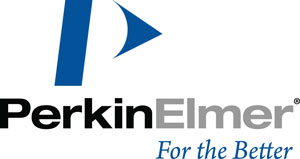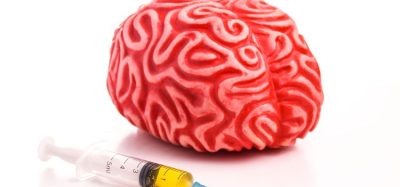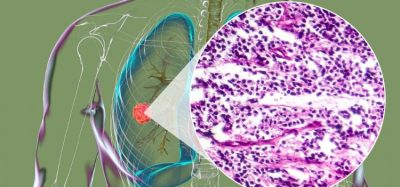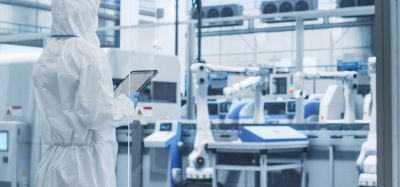Take control of your impurities testing
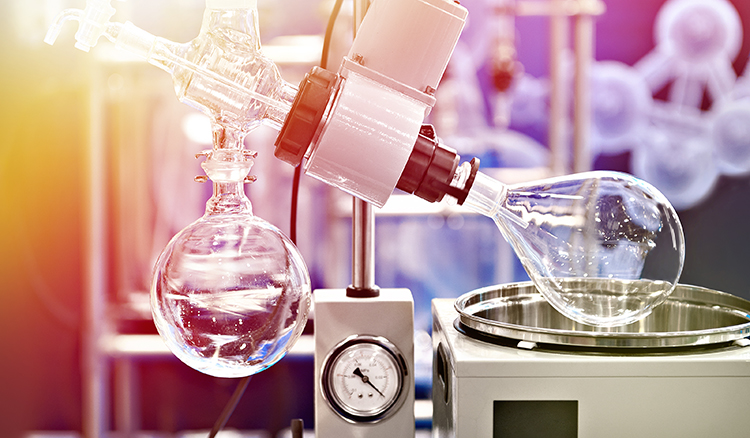

ABOUT THIS WEBINAR
The control of impurities plays a crucial role in Pharma QA/QC and can be divided in 3 main buckets: Organic, Inorganic and Residual Solvents. In this webinar we are focusing on analytical techniques used for control of Elemental Impurities and Residual Solvents.
GMP regulations are very strict on the specifications of the Active Pharmaceutical Ingredient (API) and several documents are available to support QA/QC departments on their path to compliance.
ICH Q3C and ICH Q3D provide guidelines which are implemented by regulatory bodies such as FDA and EMA and supported by the Pharmacopoeias: USP chapters <232> (Limits), <233> (Procedures) and EP 5.20 for Elemental Impurities, USP <467> and EP 2.4.24 and 5.4 for Residual Solvents.
The pharmaceutical quality control laboratory is one of the most important functions in the pharmaceutical industry and a significant portion of the GMP regulations pertain to the control of impurities. We have the Chemistry, so you can make a measurable difference on the control of impurities.
In this webinar you will learn:
- Analytical tools to make your life in the lab easier
- From sample preparation to sample analysis
- System Qualification and Computer System Validation
- Data Integrity and 21 CFR part 11 Compliance
- ICH Q3C, ICH Q3D and Harmonisation
- USP <467> using Headspace Gas Chromatography and PerkinElmer Clarus 690
Who it could benefit:
- QA/QC Scientists and QA/QC Managers
- Head of Quality Assurance/Quality Control
- CRO and CMO laboratories
Keynote Speakers


Aaron Hineman is currently the Inorganic Product Line Leader for the Americas. Prior to this position he was a Senior Field Application Scientist with PerkinElmer. Aaron has a strong background in inorganic analytical chemistry including demonstrated hands-on expertise in state of the art ICP-MS and ICP-OES instrumentation, hyphenated speciation using chromatography coupled to ICP-MS, working in 21 CFR Part 11 compliant laboratories for elemental impurity analysis, and various microwave, acid and fusion sample preparation techniques. Prior to joining PerkinElmer he spent 10 years in environmental and geochemical laboratories developing analytical methodology and laboratory systems.
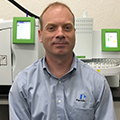

David Scott received his PhD from Umass Amherst prior to joining Perkinelmer where he has been a Senior Applications Scientist for 15 years. During that time David has worked on the development team for many GC products. Including Turbomatrix HS Trap, Turbomatrix ATD, Clarus 600, 680 and 690 and the SNFR olfactometry accessory.
This webinar is restricted - login or subscribe free to access
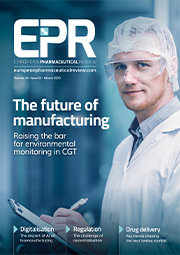

Why subscribe? Join our growing community of thousands of industry professionals and gain access to:
- bi-monthly issues in print and/or digital format
- case studies, whitepapers, webinars and industry-leading content
- breaking news and features
- our extensive online archive of thousands of articles and years of past issues
- ...And it's all free!
Click here to Subscribe today Login here
Related topics
Analytical techniques, Formulation, Good Manufacturing Practice (GMP), Lab Automation, Manufacturing, QA/QC, Regulation & Legislation, Research & Development (R&D)



